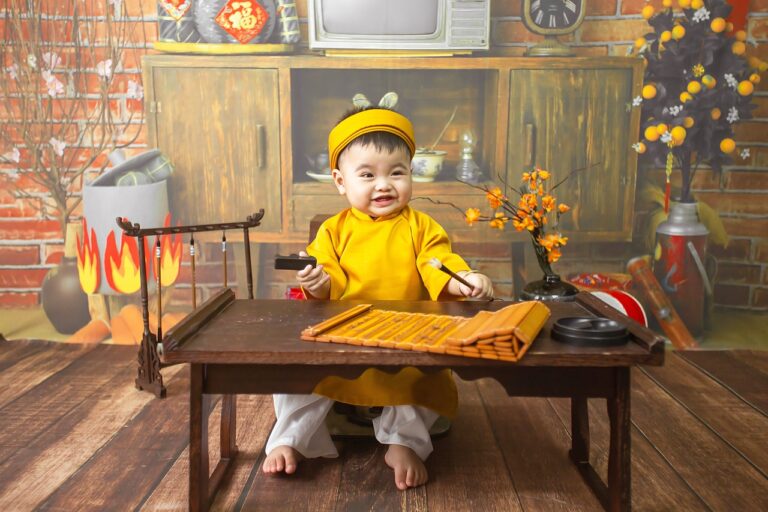The Psychology of Nostalgia in Video Games: Rediscovering Childhood Favorites
Reflecting on childhood memories often evokes a range of emotions, from happiness and nostalgia to sadness and longing. These memories are deeply ingrained in our minds, forming a significant part of our emotional landscape. The sights, smells, and sounds of our childhood can trigger strong emotional reactions, transporting us back to a simpler time when life seemed more carefree and joyful.
Our childhood memories hold a special place in our hearts, serving as a connection to our past selves and shaping our present identity. Whether it’s the laughter shared with friends, the comforting embrace of a parent, or the freedom of exploration and adventure, these memories help us understand who we are and where we come from. The emotional bond we have with our childhood experiences influences how we perceive the world around us and how we navigate through life’s challenges and triumphs.
The Influence of Nostalgia on Decision Making
Nostalgia has a profound impact on the decisions we make in our daily lives. When faced with choices, individuals often rely on past memories that evoke feelings of comfort and familiarity. These nostalgic sentiments can sway decision-making processes, leading individuals to opt for choices that resonate with their past experiences rather than purely logical considerations.
Moreover, nostalgia can create a sense of emotional attachment to certain options, making them more appealing and desirable. This emotional connection to nostalgic memories can cloud judgment and influence decision making in various aspects of life, from personal relationships to purchasing decisions. Harnessing the power of nostalgia in decision making can be a potent tool for marketers and individuals alike, as it taps into deep-seated emotions that drive behavior and shape preferences.
The Role of Video Games in Triggering Nostalgic Feelings
When we think of video games, the first images that often come to mind are futuristic worlds and cutting-edge technology. However, video games have also become powerful tools for triggering nostalgic feelings in players. Many game developers strategically incorporate elements from classic games or past eras to evoke a sense of nostalgia in players. This can range from using retro graphics and sound effects to recreating iconic scenes or characters from beloved games of the past.
For gamers, these nostalgic elements can serve as a powerful emotional connection, transporting them back to their childhood or a simpler time in their lives. The familiar sights and sounds can trigger memories of long hours spent playing games with friends, the thrill of discovering new worlds, or the sense of accomplishment from overcoming challenging levels. By tapping into these nostalgic feelings, video games can create a deeper sense of engagement and enjoyment for players, adding an extra layer of emotional resonance to the gaming experience.
• Video games have become powerful tools for triggering nostalgic feelings in players
• Game developers strategically incorporate elements from classic games or past eras to evoke nostalgia
• Nostalgic elements can serve as a powerful emotional connection for gamers, transporting them back to their childhood
• Familiar sights and sounds in video games can trigger memories of long hours spent playing with friends
Can video games really trigger nostalgic feelings?
Yes, video games have the power to transport players back to their childhood and evoke nostalgic emotions.
How do nostalgic feelings influence decision making?
Nostalgia can influence decision making by leading individuals to make choices that are based on past experiences and emotions.
Why do people feel an emotional connection to their childhood memories?
Childhood memories are often associated with feelings of happiness, security, and innocence, which can create a strong emotional connection for individuals.
How can video games specifically trigger nostalgic feelings?
Video games can trigger nostalgia by featuring familiar characters, settings, music, and gameplay mechanics that remind players of their childhood gaming experiences.







